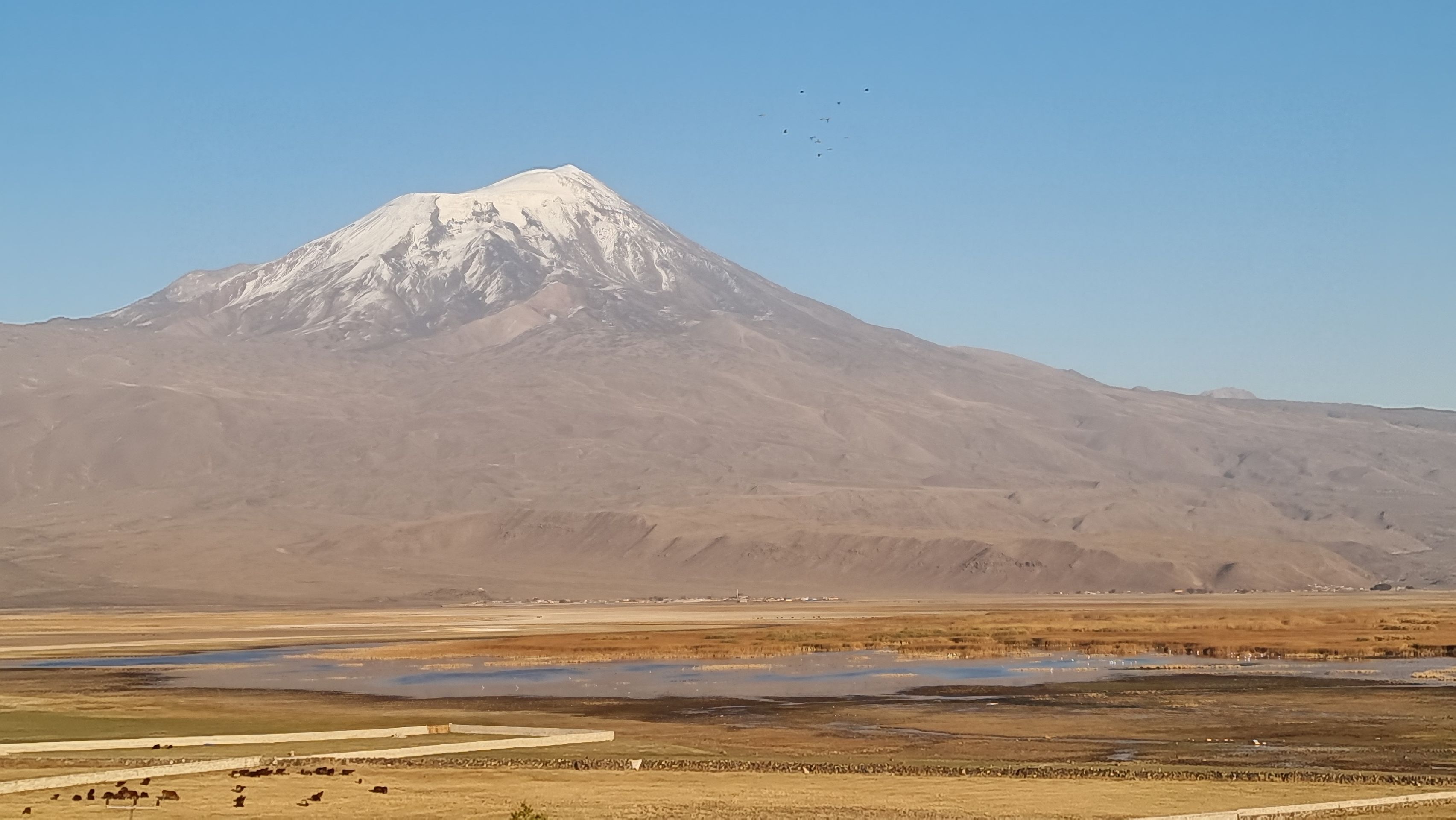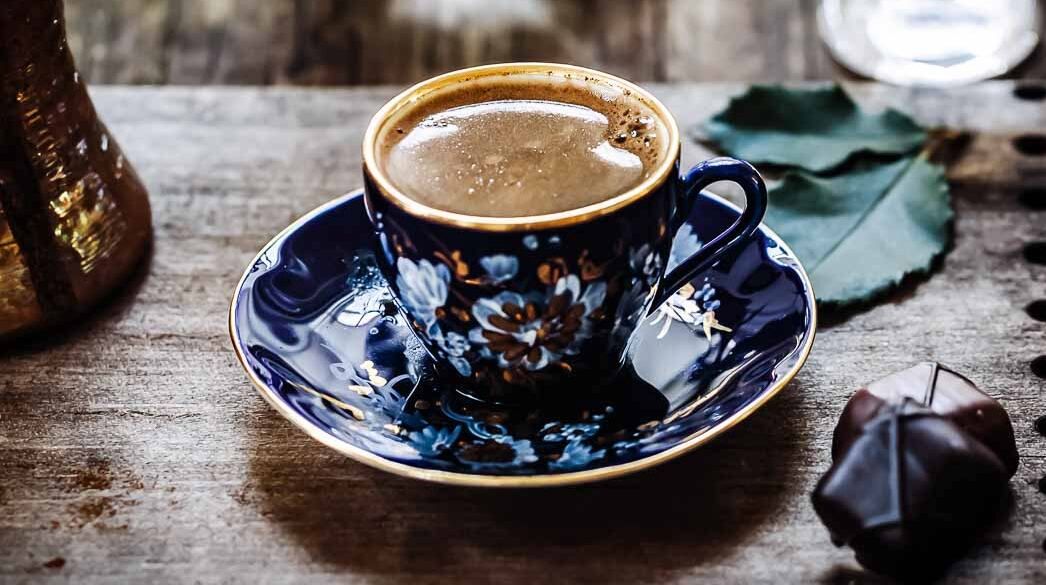Don Curry is looking for churches
Diterbitkeun: 17.10.2021
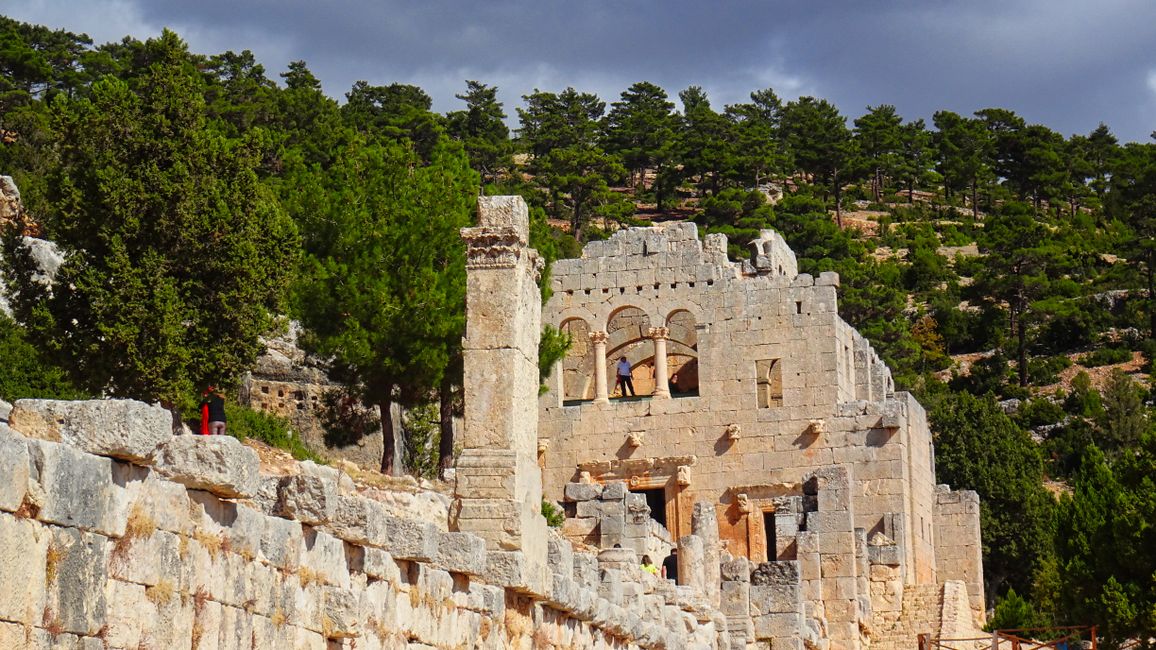
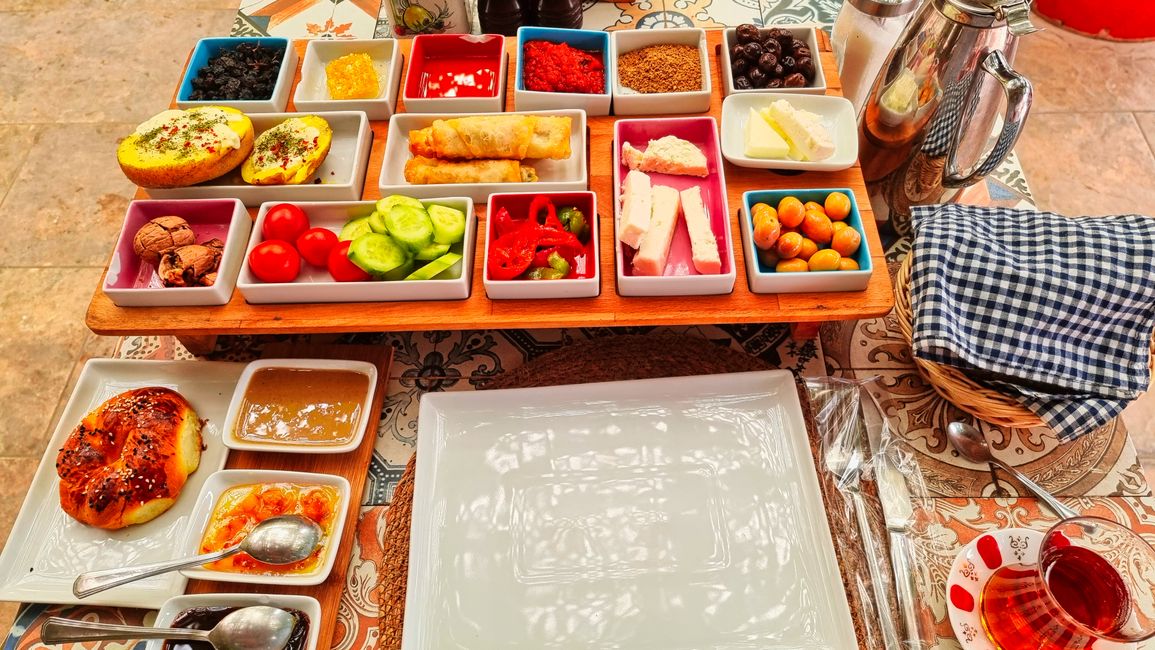
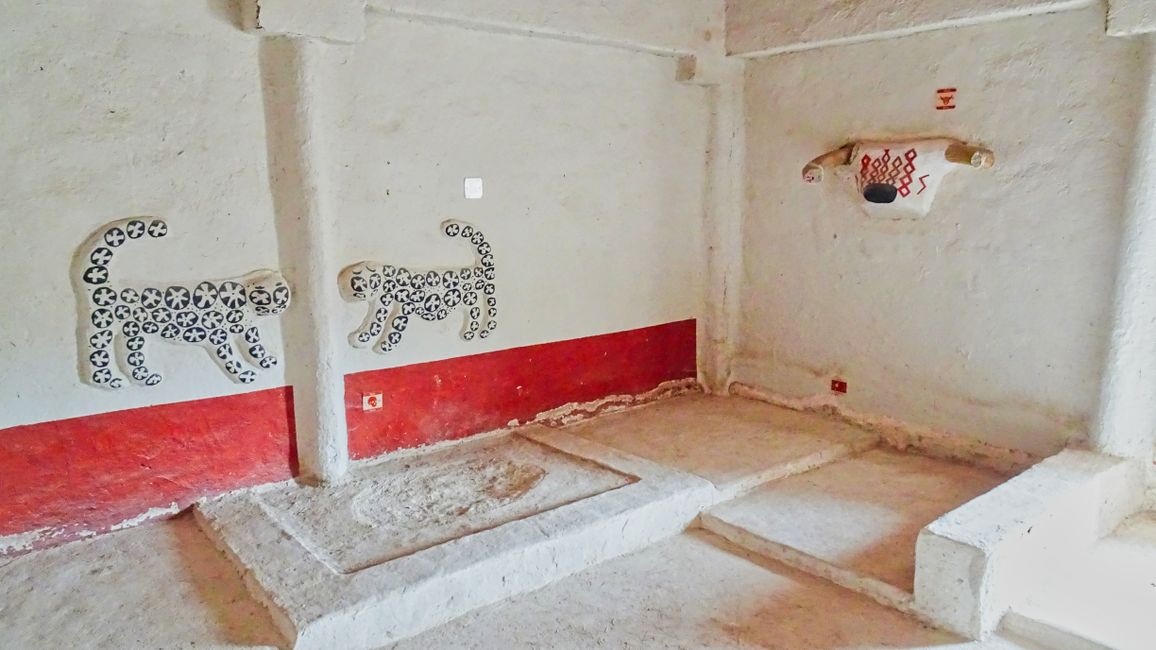
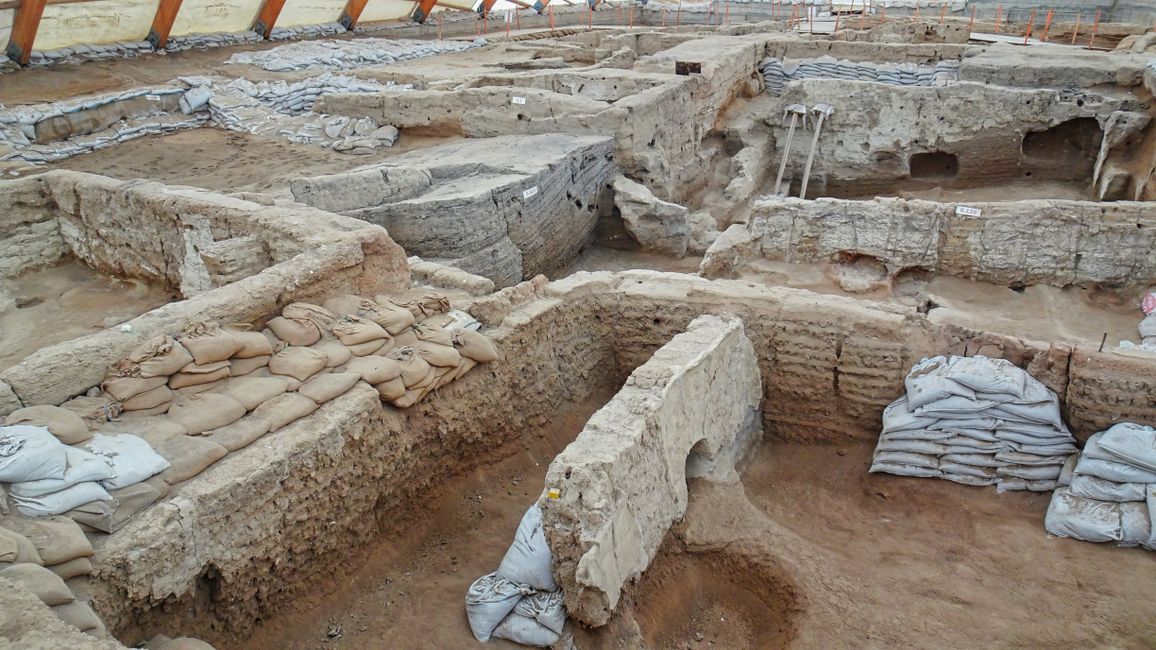
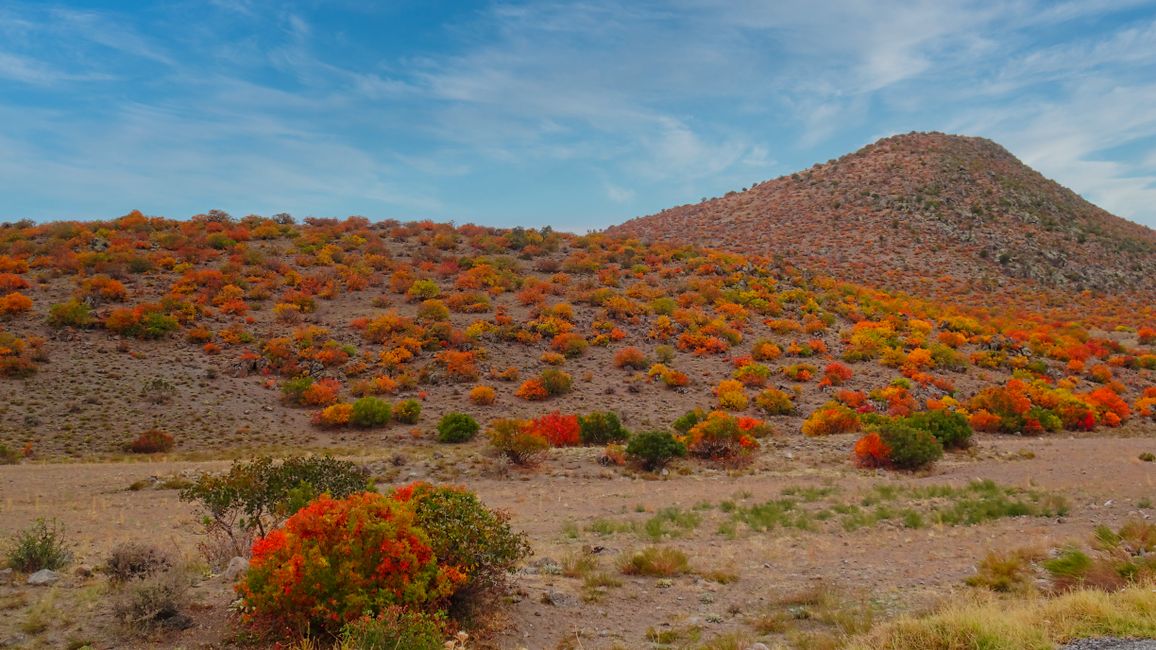
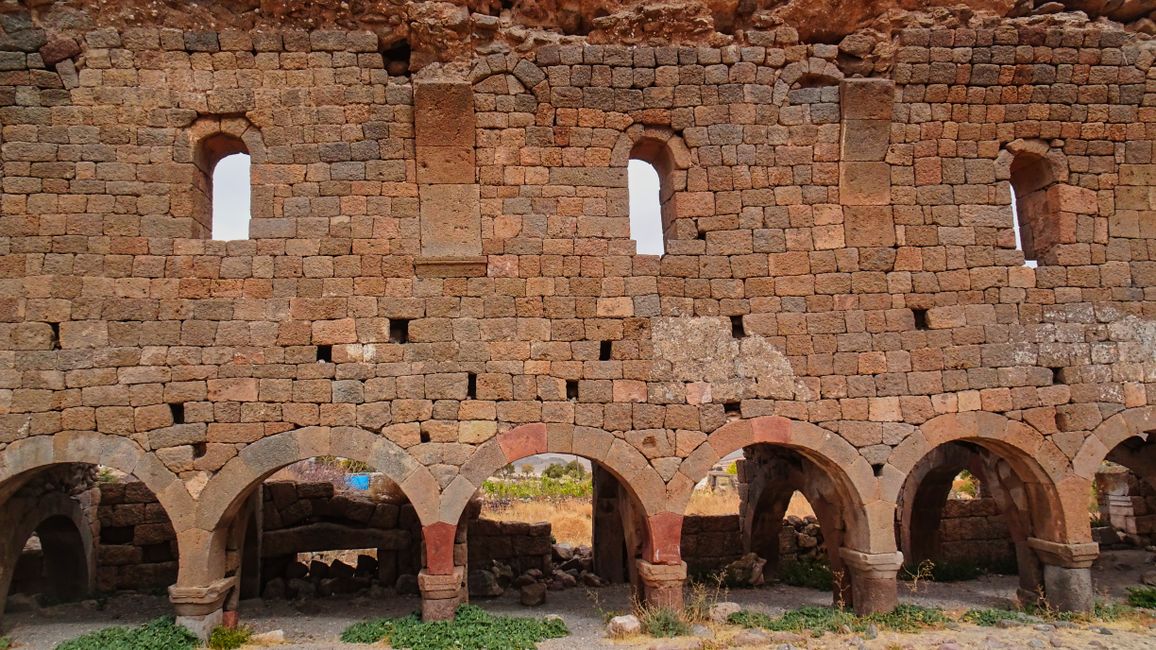
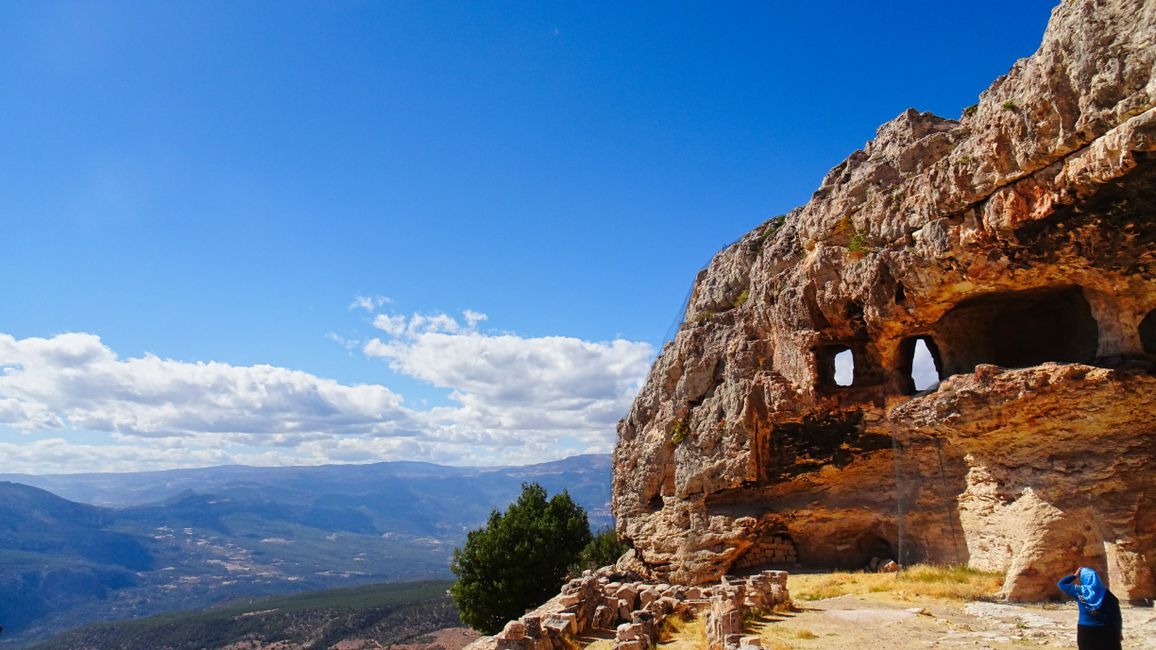
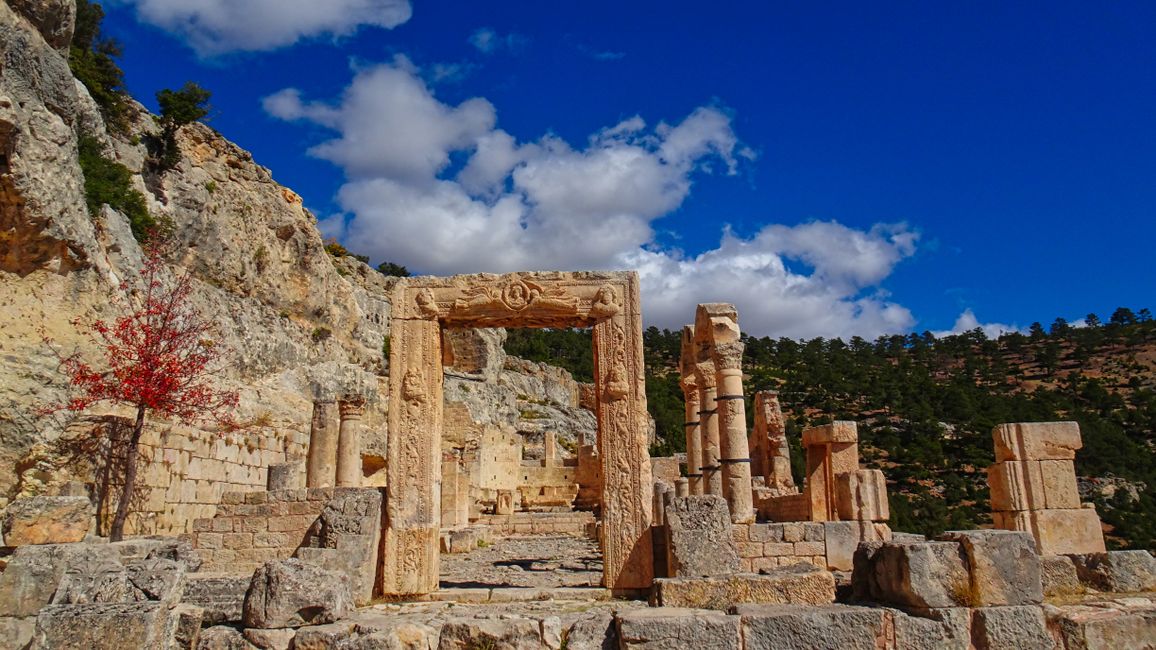
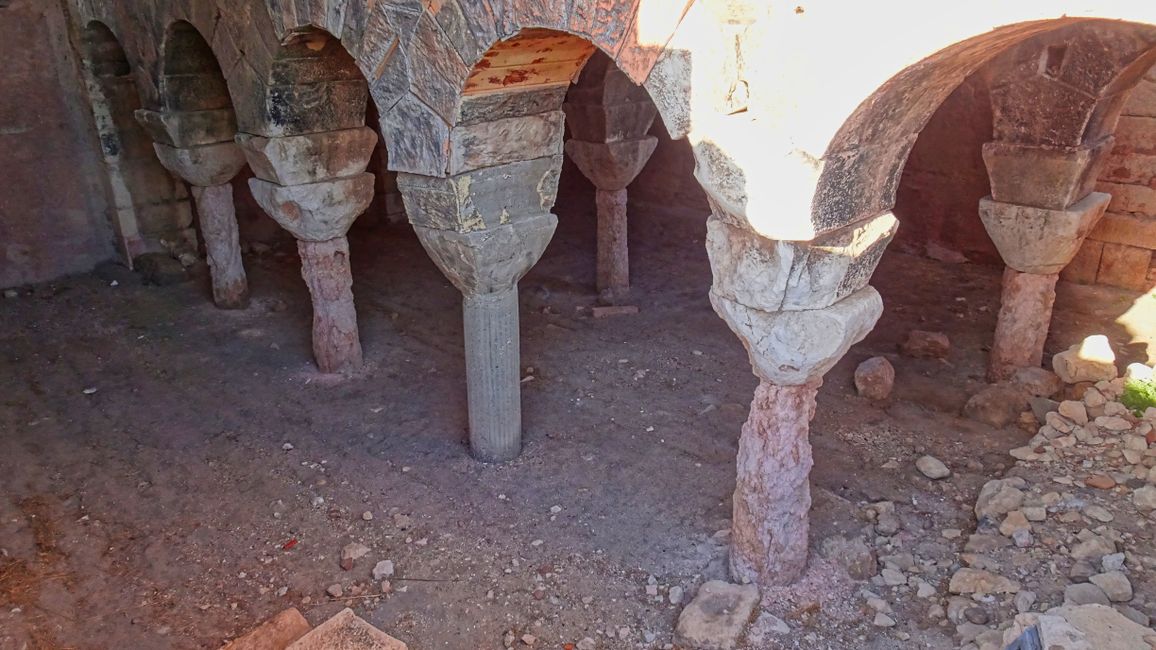
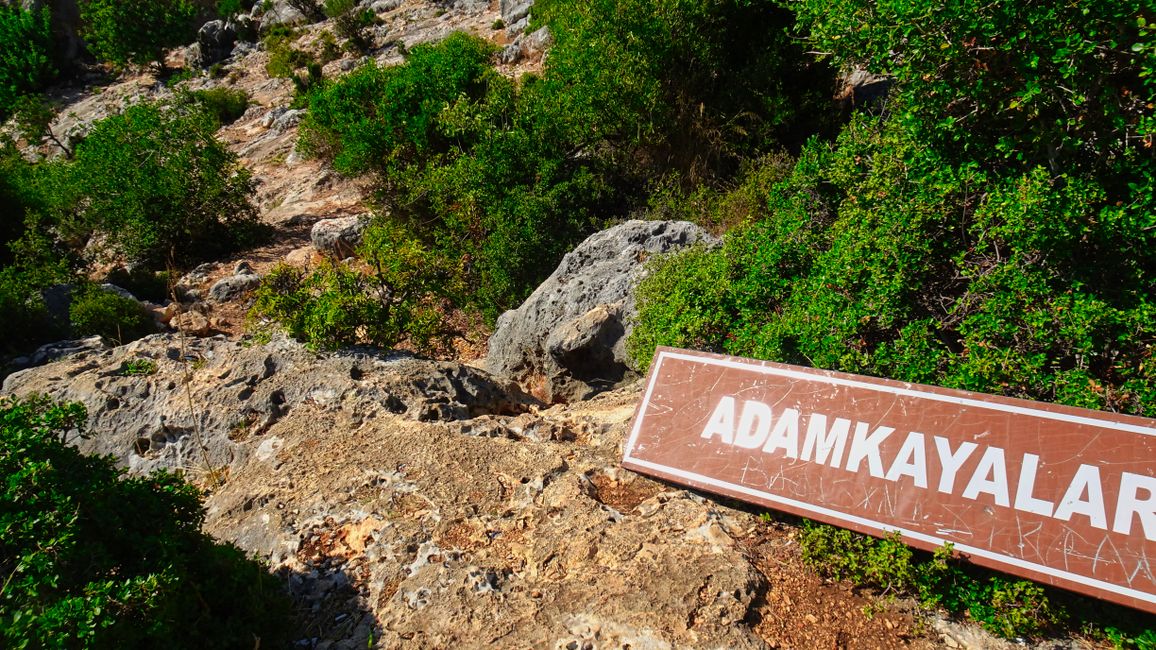
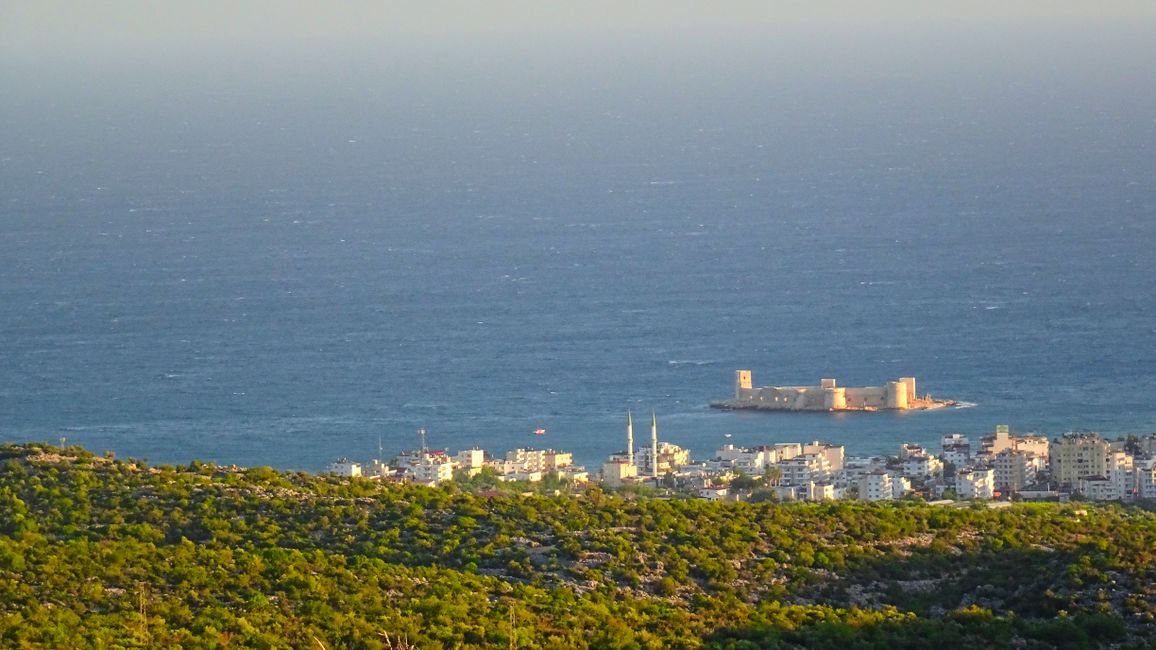
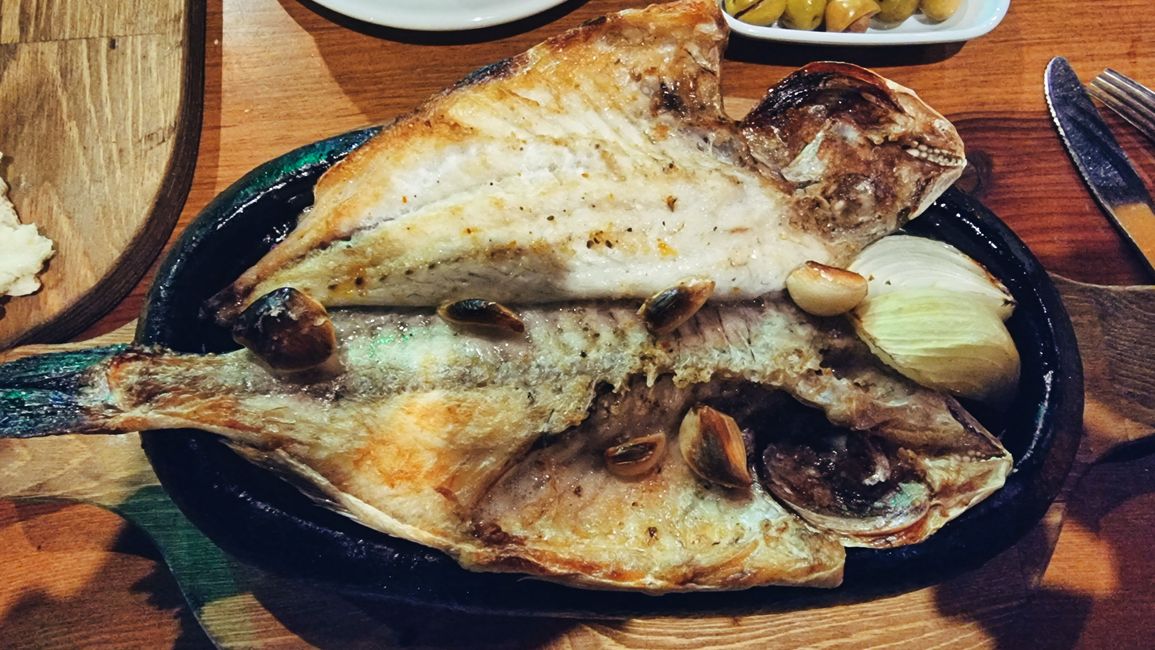
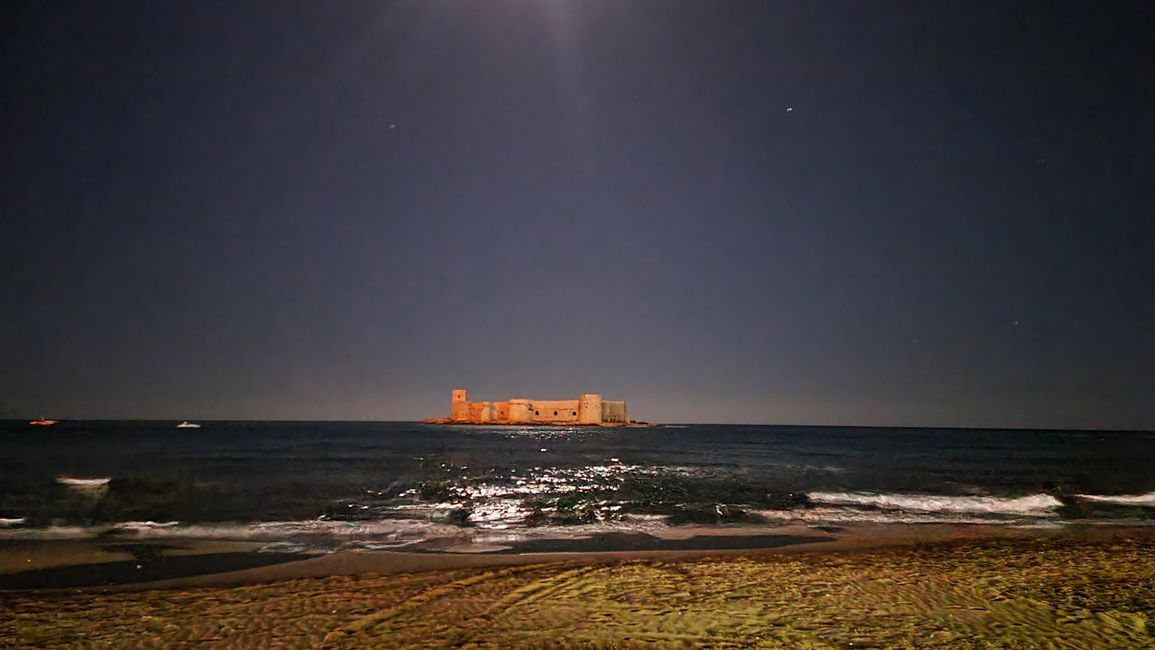
Don Curry doesn't like one-sidedness. He finds it suspicious when only one variation of possibilities is emphasized and promoted, while all others are not. He believes that a culture becomes narrow-minded when it cannot allow for the diversity of forms. In his travel destination, he has encountered almost exclusively mosques, he found a synagogue only as an ancient ruin on an archaeological site. And the few churches he could discover testified either as ruins or as museums of a long outdated past. Is that really all there is: lively mosques, but nothing else? He wanted to explore this question today.
But not in Konya, which is known as a particularly conservative city even for Muslims. The city did not make any effort to agree with Don Curry today. It was raining when Don Curry woke up, and it would remain that way with occasional showers under a completely grey sky until he had left the city behind. On the other hand, the Hich Hotel made a real effort to win Don Curry over. When he asked for breakfast around 9:00 am, they offered him a covered place in the garden. So there was no buffet here, Don Curry realized. Would there be a breakfast menu, or should he express his wishes right away? No, neither, breakfast simply overwhelmed him. At the Kayalar Terrace Hotel, he had been amazed by the 12 beautifully arranged bowls; the staff of the Hich Hotel brought him a large tray with 15 noticeably larger bowls, plus 5 more that didn't fit on the tray. Some of the delicacies offered were completely new to Don Curry: there was a freshly baked sweet-crispy flatbread, there was a piece of honeycomb with the honey inside, there was a kumpir, a spicy, baked potato, and much more. When he was served a bright green herb-vegetable smoothie, the waitress encouragingly said, 'Detox'. In fact, this drink was only acceptable from a health perspective. Everything else greatly increased Don Curry's satisfaction, even if he could only consume a fraction of what was offered.
He sighed with relief as he left Konya. Insignia had only one direction today: south, towards the sun. After about 40 km, Don Curry already headed for the first intermediate destination of the day: Çatalhöyük, a relatively new UNESCO World Heritage site. Here, Turkish archaeologists had succeeded in excavating a settlement from the Neolithic period that had not been affected by later layers of settlement. In the small visitor center and in the four reconstructed Neolithic houses, Don Curry learned that all the houses had no doors, but could only be entered through the roof and ladders. He found it peculiar that the dead were buried directly in the houses, so they could stay at home. He was also amazed at how much artistic potential and craftsmanship already existed. Anonymous artists painted entire hunting scenes on the walls of the apartments. Under a massive hall construction were the actual excavations. The houses stood side by side and yet formed independent residential units. Once again, Don Curry admired how vivid and comprehensible even inconspicuous and yet incomparable finds were presented here in Anatolia.
Don Curry did not find a church in this 8000-year-old settlement. But he did find one at the next destination. Don Curry drove off the main roads today and once again reached areas that even Turks consider extremely remote. The condition of the road steadily deteriorated in line with the population density, while the attractiveness of the landscape increased all the more. The village of Madenşehri, with just under 300 inhabitants, now stands where the Byzantine city of Barata once stood, which even had a bishop's seat. Due to the numerous ruins of monasteries and churches in and around Madensehri, the region was given the beautiful Turkish name 'Binbirkilise,' which means '1001 Churches' in German. This fairytale number had never actually existed, but no one can name an exact number anymore because the building material of the old ruins has long been used as a free source for new buildings in the village. Don Curry admired the mighty ruin of an old basilica, possibly the bishop's church of Barata; a well-preserved mausoleum was also signposted a little further away. But even beyond that, remnants of former church and monastery buildings stood out in the surrounding area, most of which fell victim to the Arab invasion in the 7th century.
The next destination offered even older buildings. High up in the Isaurian mountains, after numerous switchbacks, Don Curry reached a mighty monastery complex from the late 5th century, whose actual name is no longer known today. It is now called Alahan Monastery. Two large churches, with the main church only missing a roof, have survived from the monastery, and delicately carved capitals still testify to the former mastery of church artisans. This ancient monastery in breathtaking landscape certainly represented the highlight of Don Curry's day - not only in terms of driving skills.
Don Curry actually wanted to make a brief memorial stop at the place where Emperor Frederick Barbarossa died while bathing during a crusade. However, the same place is currently part of a massive road construction site, so it is only accessible to construction vehicles, not to Don Curry.
The Church of St. Thecla in Silifke, which goes back to a disciple of St. Paul, was accessible, however. What remains is only a towering part of the apse of the former basilica and a well-preserved, pillar-lined cistern, which is often referred to as the underground church of Thecla and actually looks like a sacred building.
The artwork called Adamkayalar ('Rock Men') dates back to Roman times and shows several large Roman tomb monuments in a steep rock face. Although Don Curry was able to drive to the edge of the cliff, he decided to turn back when the climbing path starting there became steeper and more dangerous downhill, considering the beginning twilight. Perhaps a postponed task for the next day? At least here in the mountains, there was a magnificent view of the coastal town of Kizkalesi with its picturesque island castle.
In the Rain Hotel there, a small plain room awaited him, which still offered everything Don Curry would need for a night. The young man at the reception even accompanied him to the hotel's own restaurant just 100 m away on the beach promenade. There, Don Curry ordered Baba Ganoush as appetizers, a spicy paste made from grilled eggplants and peppers, and something very unique: sea peas, a fried aquatic plant with yogurt - both in generous portions and complemented by freshly baked pide. The main course was a dorado from the oven on a bed of tomatoes, onions, and plenty of garlic, accompanied by a tomato-arugula salad and a Bomonti beer. Everything was so delicious that Don Curry regretted not being able to stay another day in this beautiful place, both culinary and otherwise. Together with a double Raki, the bill amounted to about €20, which was more than the overnight stay with breakfast.
While enjoying his meal, Don Curry thought again about his goal for the day. Indeed, he had found many churches today, but all of them had been in ruins for centuries. Nevertheless, he felt a power, an artistic sense in these ancient buildings that could also enrich the present time. Because diversity thrives more than simplicity, at least according to Don Curry.
Waleran
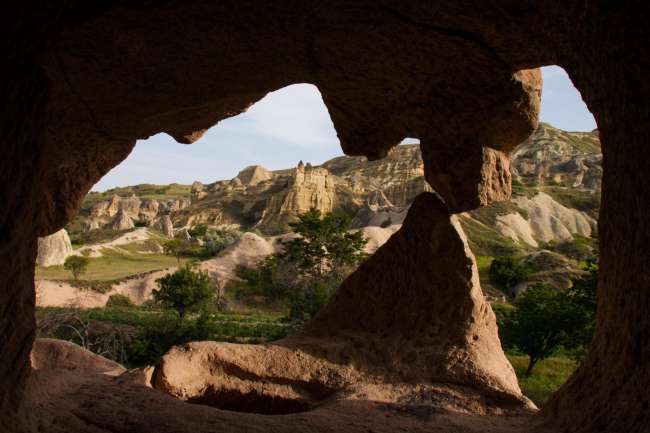
Laporan perjalanan Kalkun
